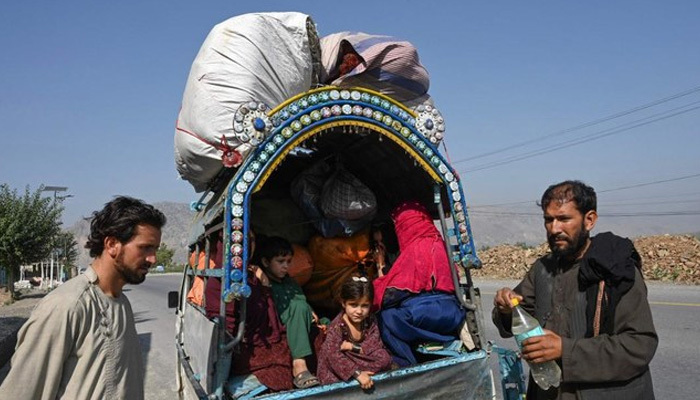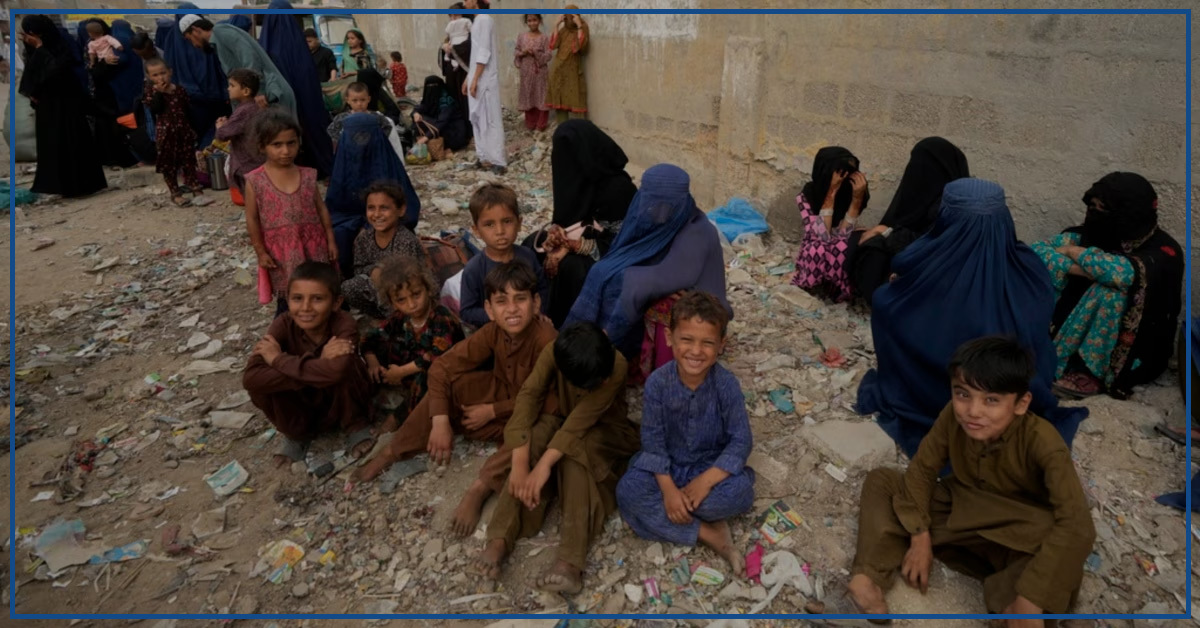In a recent development, the United Nations has issued a stern warning regarding Pakistan’s latest policy aimed at forcibly deporting Afghans residing within its borders. The directive, announced by the Pakistani government, targets approximately 1.7 million Afghan migrants living in the country without legal authorization. They have been given until October 31 to return to Afghanistan to avoid mass arrests and subsequent expulsion.
The UN agencies have voiced grave concerns, highlighting potential severe human rights violations that could result from this approach. These violations include the distressing separation of families and the deportation of minors. While the Pakistani government maintains that the crackdown is focused on all individuals residing illegally within the country, regardless of their nationality, international organizations fear that it could disproportionately affect Afghans.
Afghanistan is currently grappling with a severe humanitarian crisis, marked by numerous rights challenges. Particularly affected are women and girls, who face stringent restrictions imposed by the Taliban, barring them from education beyond the sixth grade, most public spaces, and many job opportunities. This situation exacerbates the risks faced by those who may be forcibly returned to Afghanistan.

The Pakistani government has denied singling out Afghans, asserting that the primary objective is addressing illegal residency within their borders. They have taken steps to implement this policy, setting up a hotline and offering incentives for reporting on such migrants. However, rights groups emphasize the precarious position of those compelled to leave Afghanistan and the potential dangers they could encounter upon their return due to this crackdown.
The International Organization for Migration and the UN Refugee Agency have urged countries to temporarily halt the forcible repatriation of Afghan nationals. They stress the importance of ensuring that any potential returns to Afghanistan occur in a safe, dignified, and voluntary manner, considering the sensitive and critical situation in the region.
In response to the crackdown, landlords and property owners in Pakistan’s capital, Islamabad, have received notices instructing them to evict “illegal Afghans” and their families. This move, coupled with calls from police to inform Afghans, has stirred further concerns regarding the treatment of Afghan refugees in Pakistan.
Pakistan has a historical legacy of hosting Afghan refugees, stemming from the mass exodus during the Soviet occupation from 1979 to 1989. Over the years, millions sought refuge, making Pakistan home to one of the world’s largest refugee populations. However, the recent announcement of a large-scale crackdown marks an unprecedented policy shift, raising questions about the evolving dynamics in the region.
These measures come amidst escalating attacks by the Pakistani Taliban (TTP), operating from bases in Afghanistan. The situation underscores the complex security dynamics between the two nations, prompting Pakistan to call upon the Afghan Taliban to cease support for the TTP, a group with which they share ideological affinities.
In conclusion, the situation regarding the planned deportation of Afghans from Pakistan remains tense, drawing international scrutiny due to potential human rights violations. The focus is now on ensuring that any actions taken prioritize the safety and well-being of the affected individuals, addressing the ongoing crisis in Afghanistan, and navigating the delicate security dynamics between the neighbouring nations.





